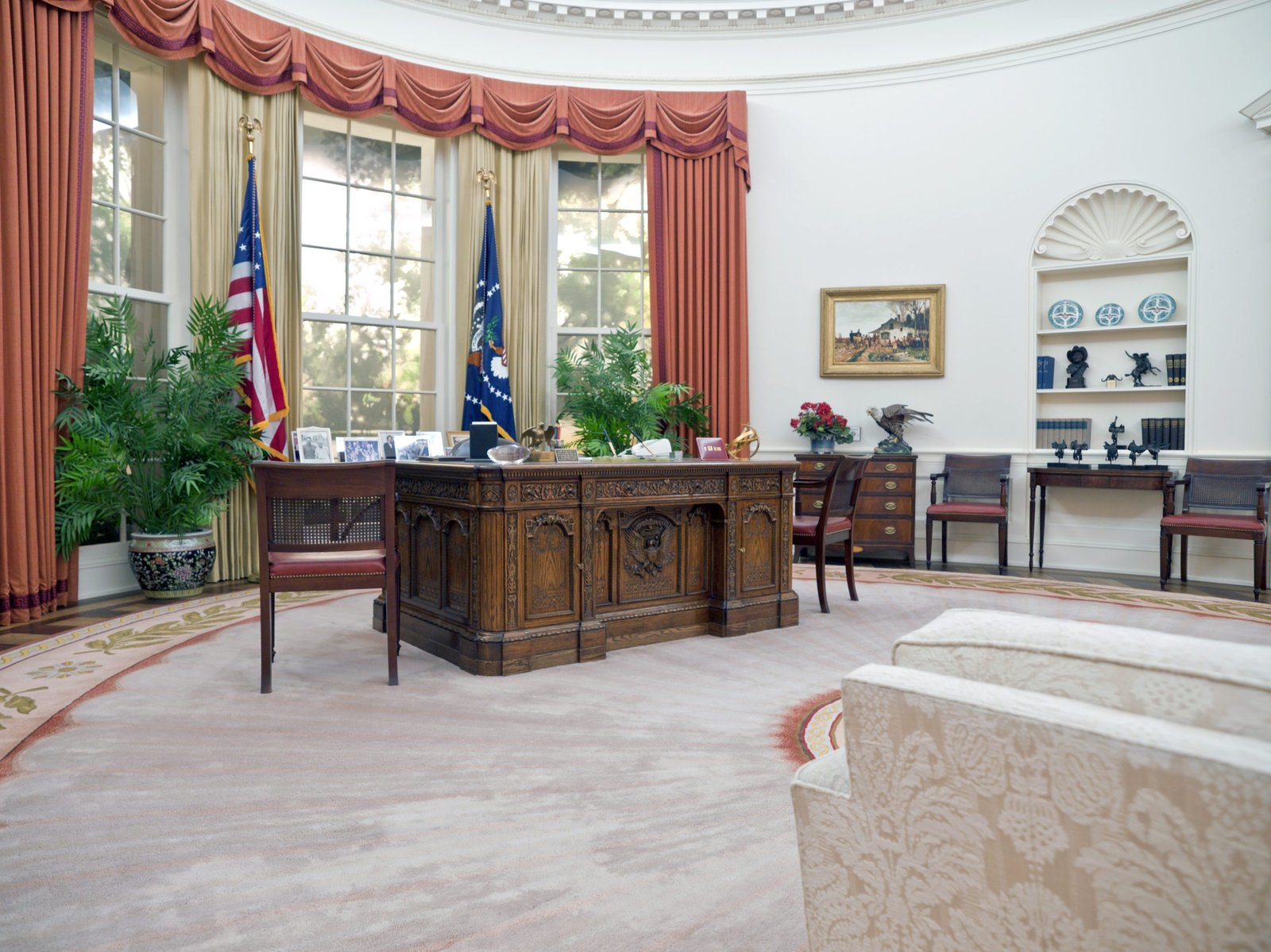This month’s Saturday blogs will discuss the topic of “Speaking.” And in honor of July 4th, we will begin with “How the Presidents Spoke.”
November 1863 a national cemetery was created to honor those who had died in the Battle of Gettysburg. The commission chose renowned speaker Edward Everett, who had served as president of Harvard, U.S. Senator, and Secretary of State, to deliver the dedicatory address.
President Abraham Lincoln was also invited to share “appropriate remarks.”
On the morning of November 19, Everett delivered his two-hour memorized speech to the crowd of 15,000. Lincoln rose and spoke for less than two minutes. His speech was fewer than 275 words.
He told the audience the world would “little note nor long remember what we say here” and yet the Gettysburg Address is perhaps the most quoted and memorized speech in American history.
Everett later wrote to Lincoln: “I wish that I could flatter myself that I had come as near to the central idea of the occasion in two hours as you did in two minutes.”
Following Lincoln’s assassination Senator Charles Sumner wrote: “That speech, uttered at the field of Gettysburg…and now sanctified by the martyrdom of its author, is a monumental act. In the modesty of his nature he said, ‘the world will little note, nor long remember what we say here…’ He was mistaken. The world at once noted what he said, and will never cease to remember it.”
In this address Abraham Lincoln practiced what Franklin Roosevelt would advise about public speaking: “Be sincere; be brief; be seated.”
A renowned and gifted public speaker himself, Roosevelt adhered to this mantra with great success.
Following the dour and dreary Herbert Hoover, who was an abysmal public speaker—Henry Stimson said a conversation with him was like “sitting in a bath of ink”—Roosevelt’s optimism, warm-hearted demeanor, and distinctive voice enabled him to inspire Americans, disheartened by the Great Depression, to march alongside him into a brighter future.
Families gathered around their radios to listen to him, hanging on his every word, and hanging his picture on their walls.
John Adams, though he never stopped worrying about his legacy to American history, was one of the best Presidential speakers. He once held Congress spellbound through a 700-word sentence. Allan Metcalf, author of Presidential Voices, judges John Adams the greatest Presidential orator, and asserts Adams’ public speaking had the greatest effect on his audiences.
Thomas Jefferson, on the other hand, was a superb writer, but a poor speaker. He declined to give a State of the Union address, and sent a letter to Congress instead.
John F. Kennedy is remembered as a great communicator for his memorable words: “Ask not what your country can do for you; ask what you can do for your country,” as is Ronald Reagan for “Mr. Gorbachev, tear down this wall.”
Some Presidents were gruff and homespun, like Harry Truman, who did better at communicating when he got away from his prepared speech and spoke off the cuff.
And then there were Presidents, like Warren Harding, who employed unusual words, such as: “America’s present need is not nostrums, but normalcy.” At the time ‘normalcy’ was rarely used; ‘normality’ being preferred. [It was believed Harding made up the word. It has since been verified that ‘normalcy’ had been in dictionaries since 1864.]
Perhaps no Presidential speech had such disastrous effects as William Henry Harrison’s inaugural speech, 8,445 words, which took an hour and 45 minutes to deliver. Without wearing a coat or hat, 68-year-old Harrison delivered the speech in a raging snowstorm, contracted pneumonia, and died one month later.
Presidential triumphs and missteps at the podium will always hold fascination for us.
Those who aspire to the White House might want to consider President Gerald Ford’s advice:
“If I went back to college again, I’d concentrate on two areas: learning to write and to speak before an audience. Nothing in life is more important than the ability to communicate effectively.”





Holly, Thank You for such an Appropriate and Inspiring post on the 4th of July. God Bless America!
GOD bless AMERICA.. Land that I love. Thank you Holly for sharing today.